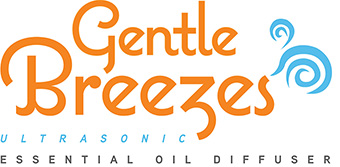Who knows exactly when the world’s ancient civilizations discovered the power of plants to heal and comfort?
For centuries, knowledge of essential oils (also known as aromatic oils) and their uses and applications was conveyed through the oral tradition – the sharing of one’s knowledge by word of mouth. There is very little early written documentation of plant identification and distillation processes.
It is likely that individuals began experimenting with the properties of their own indigenous plants. As cultures began to intersect through the expansion of empires and trade, the knowledge and uses of essential/aromatic oils also expanded.
The Knights of the Crusades returned to Western Europe with knowledge of herbal medicines learned from practitioners in the Middle East. During the Bubonic Plague in the 14th Century, observers noted that perfumers and others who worked closely with aromatics, seemed to be immune to the disease.
The study and applications of essential oils for comfort and healing have ebbed and flowed throughout the centuries, seemingly replaced by advancements in science and medicine. Neurologist and psychotherapist, Sigismund Freud, speculated that as humans evolved, they began “leaving behind the simple and walking straight into the complex.”
Happily, the knowledge and applications of essential oils have survived. Essential oils and aroma therapy are increasingly used by individuals and in institutions. Researchers are re-examining and rediscovering the healing and calming powers found in plants.
How amazing to be able to connect the wisdom of the ancients with science and medicine in the 21st century!
